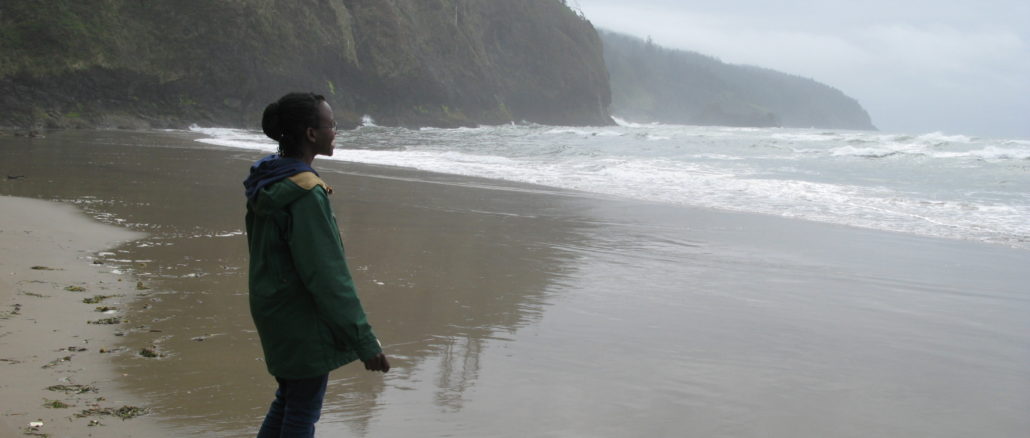
This series spotlights musical artists from The Nasiona‘s first compilation album, Volume 1: Petrichor.
Annah Sidigu’s track “The Lynchpin” is featured in the volume.
Annah Sidigu is a songwriter and poet currently residing in the San Francisco Bay area. Her poetry has appeared in The New England Review and is forthcoming in Penumbra. She is the recipient of a Bread Loaf Environmental Writers scholarship and has written reviews of poetry and prose books for Zyzzyva. You can listen to her music on Spotify, Bandcamp, or Soundcloud, and follow her on Facebook or Instagram.
Artist statement: Since I often write highly melodic songs with numerous transitions (“mini-symphonies”), people frequently expect me to look different than I sound; they do not expect a black woman to write the songs I write. However, my work is influenced not only by western classical music and modern folk, rock, and ambient music, but also by the West African kora tradition; soukous music; and African musicians like Franco, Loketo, Kanda Bongo Man, Miriam Makeba, Ayub Ogada, and Thomas Mapfumo. Due to this wide influence, I insist on writing songs that resist stereotype and fads or trends; that insist on substance and strive to evoke profound responses in listeners; and that are accessible to people of all backgrounds. Because I love my craft and want to impart that love to others; because I see myself as part of a lineage of black artists like Nina Simone and Octavia Butler, artists who defied expectations; and, finally, because there are works of art that have moved me in ways I did not think possible, I work to create art that is unexpected. Wedding poems to songs is a recent experiment that has enabled me to find the music in my poems.
INTERVIEW
What does countercurrence mean to you, and what is it like to make music when you are outside those mainstream voices that are usually given a platform?
Lately, countercurrence has meant living life mostly offline. It’s unfortunate that artists are nowadays expected to sign over their lives to social media even though studies have shown that it does more harm than good to the psyche and even though the time spent on social media is (usually) time spent away from working on one’s craft or engaging in activities that are more likely to feed one’s soul and, therefore, enhance one’s work. (For more on how social media platforms manipulate users, check out the article “Social Media Copies Gambling Methods ‘to Create Psychological Cravings’” by Mattha Busby of The Guardian.)
Generally, the concept of flow refers to bursts of intense focused work that last a few hours. However, I think I produce my best work over weeks and months of flow: when I can be deeply immersed in an idea that develops over a sustained period of time — taking in, processing, creating, stepping away from, re-listening with “new” ears or rereading with “new” eyes, and revising. The expectation that artists release material frequently (in music, for example, the death of the album and the recent preference for singles) undercuts a process that I think is vital to originality and depth. Some artists may be able to meet these demands without sacrificing the quality of their work, and some may even feel that it pushes them in a positive way, but I don’t find that to be true for me.
To answer the second part of this question, it is not so much difficult to make music as it is to get an audience for my music. Mostly, I think, this is because I don’t write a genre of music that is expected of a black person. In the past, my work has tended toward indie rock, folk/Americana, and classical music — music that is traditionally seen as “white.”
I’m sure the oddly visual aspect of the music business also plays a role. Thankfully but also because my mother grew up at a time and in a place in which it was not common for girls and women to wear it (and, frankly, we did not have the money to even think about buying it), I grew up not wearing makeup and only learned how to use it in this second half of my thirties. (Perhaps another reason I do not love social media is because of the labor that it seems to require of women to always “look good” — a burden that I think is especially heavy for dark-skinned women who are expected to work extra hard for approval?)
I also really enjoy forming deep connections with a few people and find building and maintaining the somewhat shallow connections that are required to market one’s art (for me, music and poetry) difficult. I think part of my struggle with social media is that it sometimes feels like extroversion on blast. Currently, I’m working on wrapping up a few songs to release and then hope to be able to give myself a retreat year. My focus nowadays is on going deeper even if that might mean having a smaller, more genuine fanbase rather than wider, which might mean having a larger, but less reciprocal and empathetic audience.
Would you always have turned to music as an important avenue through which you express your BIPOC identity? Or have you always found ways to do this, which happen to include music?
Some of the art I make is a direct result of and/or speaks to my identity as a black woman, but I like to think that all of the art I make is, essentially, about saying what perhaps only I can say. Not necessarily because I am black and a woman, but because I have a unique fingerprint, unique scar — because I am myself as much as anyone else is themself. I’m as likely to write a poem about race or sex as I am to write about a park or work of art I love or a seemingly random story that has caught my attention.
Honestly, I don’t really try to express my identity in my work. It naturally comes through sometimes, but I don’t necessarily see it as a mission. More often than not, I find that it comes through in poetry, which I think is my art of analysis (a way in which I learn, process, and reflect), and occasionally comes through in music, which I think is my art of intuition or of the soul or spirit (a release). For “The Linchpin,” the poem-song I submitted to The Nasiona, I expect that the writer’s identity will be in the background — that this is the kind of poem in which readers will suspect they know the identity of the poet and in which they will likely guess correctly, but I wonder whether (without any backstory) they would be able to guess the identity of the songwriter?
I appreciate media that forces me to confront my biases and wish it were easier for artists of color to get audiences for both work that is about race and work that is not. Usually, it seems to me anyway, once an artist of color succeeds in getting a race-related piece read, heard, or seen by a sizable audience, race becomes the only lens through which that artist and their work is perceived, which is unfortunate and a little ironic.
What are the differences or similarities you perceive in online and physical music communities, especially when our relationship to proximity has been indelibly altered?
My experience is somewhat limited, but I would say that in online Zoom spaces that are facilitated by thoughtful, progressive organizations and in which people are allowed to share as much as is appropriate or as little as is necessary (which I think is generally a good idea), it is easier for introverted artists to build connections. The one experience I’ve had with this was in a majority-POC space. I have been in other online spaces in which, as a dark-skinned woman who does not always wear makeup, I felt a degree of discomfort and got fairly clear signals that my voice wasn’t really welcome.
While I do think social media as it has been established (as technology that uses the psychological manipulation tactics of casinos to gather as much data as possible on users in order to enable corporations to more efficiently sell products to them and their social networks) is inherently problematic and flawed, I do think savvy, progressive facilitators can use it for good. I’m especially impressed by those who have used online spaces to fight for democracy or social justice or to open up important spaces that were previously closed to people living with disabilities, people with low incomes, and other marginalized groups.
Do you believe in breaking down the barriers that have long kept BIPOC musicians away from the same opportunities as their white peers, or should BIPOC musicians be looking beyond those traditional guidelines to success?
I believe in both strategies, but I think artists of color who are able to go beyond traditional routes to success will do better than those who are not. For example, Marian Anderson and other black artists found greater success in Europe before “making it” in the United States.
The fact is that the United States was built on the backs of indigenous and black people. And yet, from the moment it was branded with an English name, it has not been a nation designed for people of color to thrive in. In fact, it continues to exploit indigenous people or ignore major problems their communities face (the highest rates of deaths at the hands of police, for example) with little outcry from the rest of the population.
The oppression of black people is now a national conversation. However, the hypocrisy of corporations, organizations, businesses, and institutions that say black lives matter but that have few black employees, relegate black people to low-level roles, seem to think hiring or selecting one or two of us is enough, and/or refuse to compensate both black and other people of color and women equally for their labor has convinced me that much of this is trendy lip service rather than a genuine commitment to systemic change. Note that last November a statewide ballot to restore affirmative action failed while one that stripped app/gig-economy workers of the possibility of getting many of the benefits salaried workers enjoy passed in “progressive” California.
It seems that (even in what is arguably the most progressive state in the country) many of the allies who supported Black Lives Matter do not understand that social justice actually means doing practical things that make a long-term (generations-long) and meaningful difference in the lives of those you say you support — that this isn’t about charity but about getting to the roots of injustice. Beyond donations, in order to dismantle white privilege and create an equitable society, black, indigenous, and other people of color need to be adequately represented in the same jobs and roles that have created the (now nearly universal) phenomenon of white privilege.
Things will eventually change because the most marginalized will keep pressing for change and, sadly, because our numbers will grow as inequality continues to widen. But to get back to the question of how all of this affects BIPOC artists, it seems clear to me that the vast majority of those who wait for traditional routes to open up will be disappointed. To succeed as an artist of color, particularly a dark-skinned one, is to pass through the eye of a needle. This doesn’t mean we shouldn’t try, but that we have to be even more creative.
If you had to solely choose between walking in the legacy of a musician/musical tradition you admire, or forging your own path and inspiring others yourself, which would it be, and why?
Honestly, I’m not sure either is possible without the other. I imagine that the first “music” was the culmination of generations of humans making and organizing sounds — just as with science, we build on the knowledge of those before us, which is why similar ideas or inventions can emerge in completely different spaces even without any known connection. Duplication is perhaps less of an issue with art since it is a discipline that is more subjective than objective and so, unlike an experiment, a work of art can never be replicated precisely in an organic/analog way. Algorithms exist that can literally distinguish between songwriters like Paul McCartney and John Lennon — two people in the same band who wrote songs that weren’t that radically different from one another. So “original” artwork can be similar and, yes, it can be plagiarized, but it can never be the same and it can probably never be completely different.
It is probable that entirely new genres of music will be created, but even that will likely not be the work of any sole artist. Barring time travel, we should be able to see where one genre ends and another begins (like ska, which, like me, you may not love, but which made reggae possible). We all add to and are shaped by what exists, and I’m OK with that.
Of course, I like to think my work is original insofar as it is possible to be original, and I’m unimpressed by work that doesn’t aspire to originality. But my work is the result of musical, environmental, and other influences, especially of those people, experiences, and places I’ve chosen to be influenced by.
Volume 1: Petrichor
About the Album
This first volume of The Nasiona’s music series encapsulates all the glorious highs and the searing lows of navigating the world as an empathetic, curious individual. The works contained in this volume — from mournful piano compositions, dazzling spoken word, spellbinding vocal layered-songs, to beautiful instrumentals — express the intricacies of being an artist of color in a too-often indifferent world; and like the scent that lingers long after the downpour, these masterpieces ask you to sit awhile, to close your eyes, to pay attention.
MUSICAL ARTISTS
ALBUM PRODUCERS
Music and oral narrators have always told stories that are as powerful, as moving as personal essays, and we at The Nasiona want to honor these tradition. For the second compilation audio volume of our BIPOC Music + Spoken Word Series, we seek submissions of tracks that align with our vision of centering, elevating, and amplifying Black, Indigenous, and People of Color, shedding light on neglected and intersectional identity experiences, while also celebrating our beauty, intelligence, creativity, and joy.
Whether you record your music or spoken word professionally, or whether you have gone the DIY way throughout; whether you are an emerging indie artist, or have never released a track or album; or whether you have simply felt overlooked by the mainstream musical landscape: we believe in your voice, your story, and your talent; and we want your work!
Tell us about growing up as a third culture kid, about living through trauma, about being misgendered, about slice-of-life instances of resolution. Tell us about your elations, your sorrows, your moments of quiet tenacity, your rallying cries of rage. Send us a track (or two, or three!) that tells a story, whether in words or through instrumentals. If it matters to you, it deserves a platform.
All genres and languages are welcome. If you identify as BIPOC, we want to showcase your work and profile you.
We can’t wait to experience to your work!
Note that we are here to center, elevate, and amplify your work. You keep all the rights to your work.
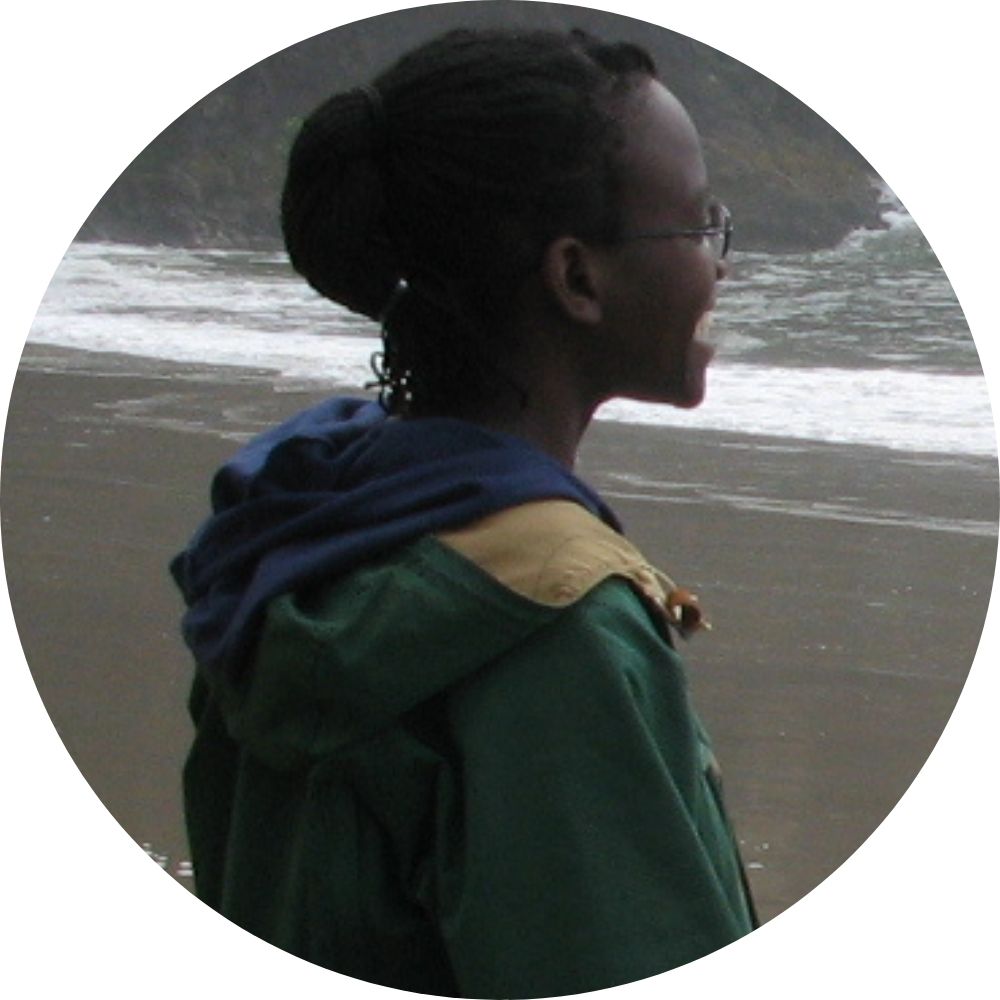

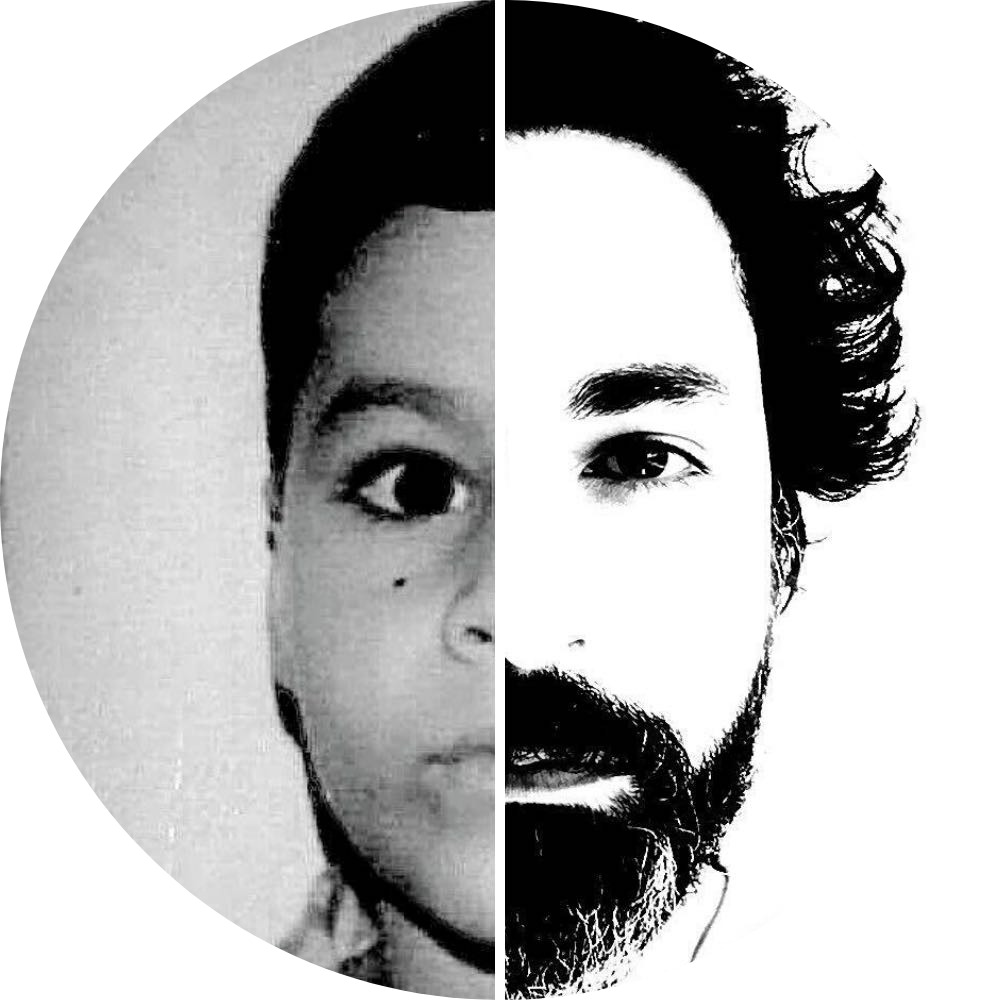
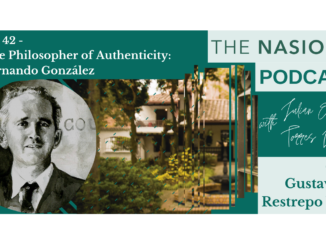
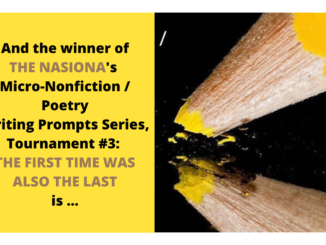
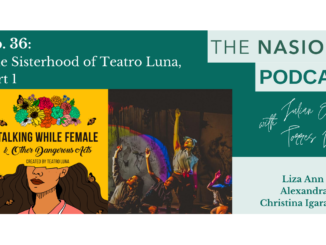
15 Trackbacks / Pingbacks
Comments are closed.